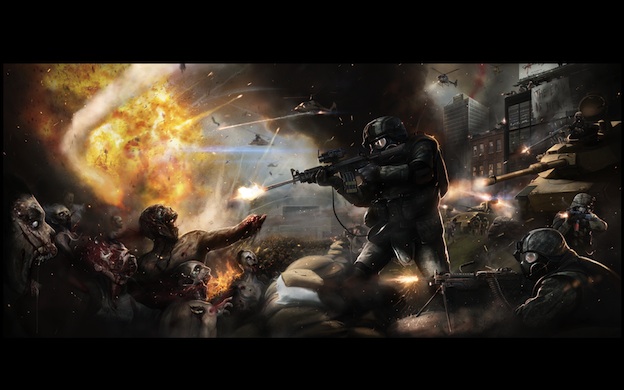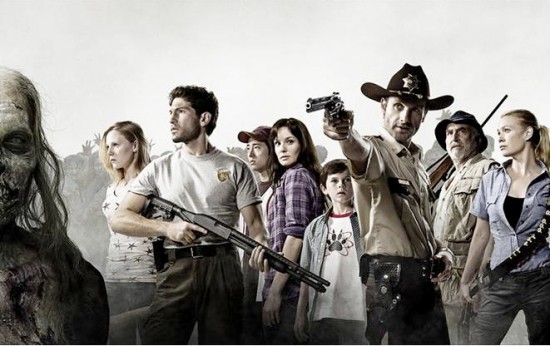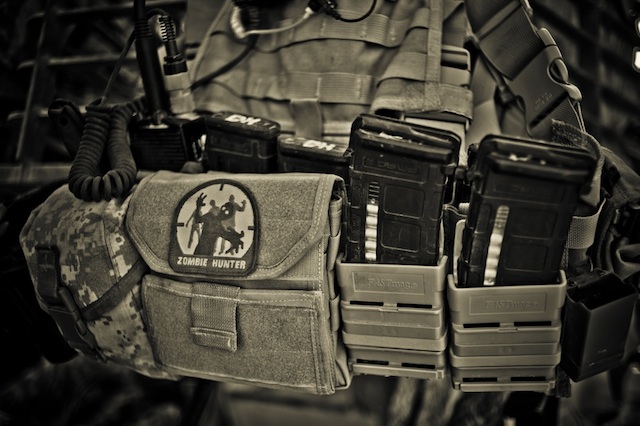The Project on Defense Alternatives sends along “Pentagon Cuts in Context: No Reason for ‘Doomsday’ Hysteria” [.pdf].
Key points:
* The Budget Control Act (BCA) provides for assured caps and reductions on Pentagon spending only if the Joint Select Committee – the “super committee” – fails in its mission or if Congress fails to accept the Committee’s plan. This would trigger caps and reductions in Pentagon spending resulting in a ten-year budget about $1 trillion below the plan originally submitted by President Obama in February 2011. This is the so-called “doomsday scenario.” It is the only provision in the Act that would directly cap Pentagon spending.
* Doomsday equals 2007. The “doomsday scenario” would produce average annual DoD base budgets equivalent to the 2007 level of funding, adjusted for inflation. The average annual base budget for 2012-2021 would be about 13.6% below the 2011 level in real terms. However, total spending during 2012-2021 would be only 6% less than total spending during the previous decade, 2002-2011.
* The so-called “doomsday” scenario entails a decade-to-decade reduction far less severe than that experienced after the Cold War ended. The decline in DoD budget authority would be only one-quarter as steep.
* What makes the “doomsday” scenario impractical is the manner in which the Budget Control Act would implement reductions, which is precipitous. This is intentional. The provision is meant to motivate, not mitigate, tax increases and entitlement cuts.
* A gradual approach could achieve equivalent savings with much less disruption — for instance, by reducing the Pentagon base budget step-by-step to $490 billion over four years and then allowing it to increase by inflation only. This would require reducing the budget by only 4% in real terms for each of four years, starting with 2012. Over ten years, this saves the same amount, but without pushing the Pentagon off a wall.
* The “doomsday” scenario can be averted if the Joint Select Committee produces a plan that becomes law and saves at least $2 trillion via cuts, revenue increases, or both. In that case, the BCA ensures at least $841 billion in discretionary budget savings, as measured against the March 2011 CBO baseline. This is the officially preferred or “non-doomsday” scenario. But it involves no direct caps on the Pentagon base budget. Lawmakers are left free to seek proportional savings from the Pentagon or not.
* The Administration and Congress are both disinclined to seek proportional savings from the Pentagon. For the next two years, the International Affairs budget is likely to pay the price. After 2013, the BCA allows more of the burden to be shifted to non-security accounts.
* Proportional cuts equal 2008. Proportional reductions in the DoD’s discretionary base budget would entail a real reduction of 8% from the current level of expenditure. The average Pentagon base budget would be rolled back to the level of 2008, adjusted for inflation. Comparing decade to decade, total base budget expenditures for 2012-2021 would be the same as the total for 2002-2011 in 2012 dollars.






